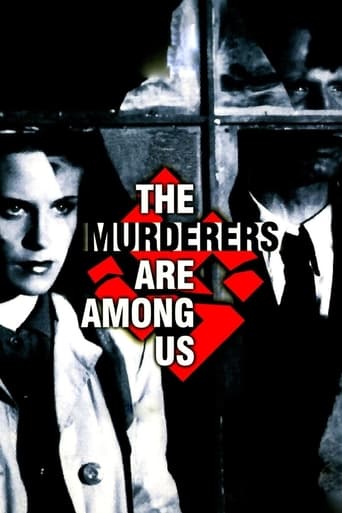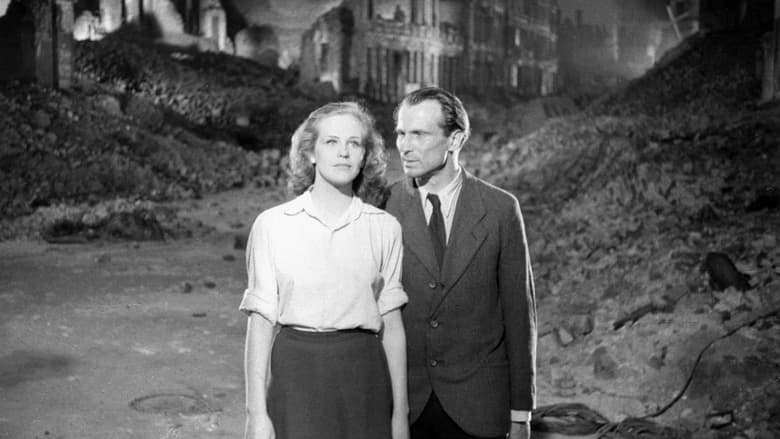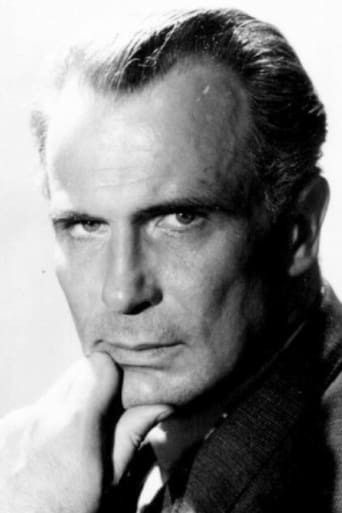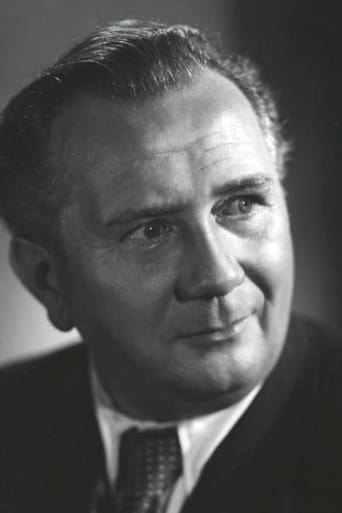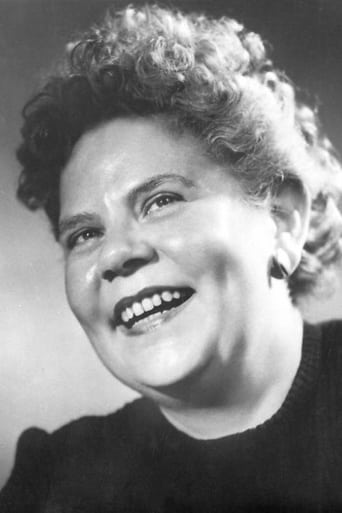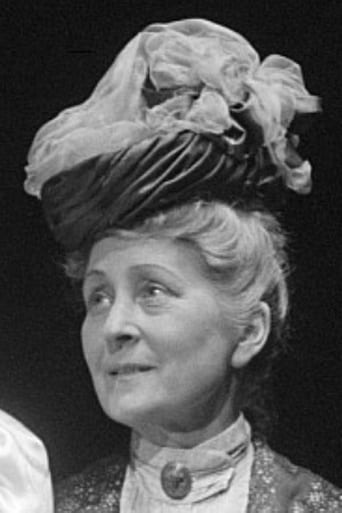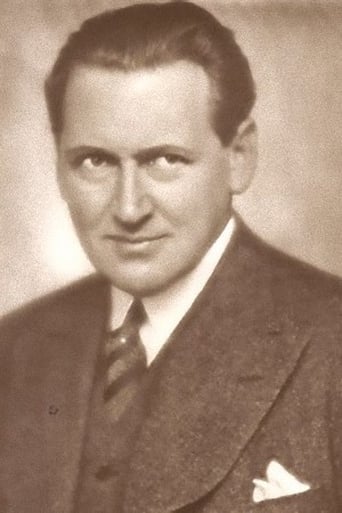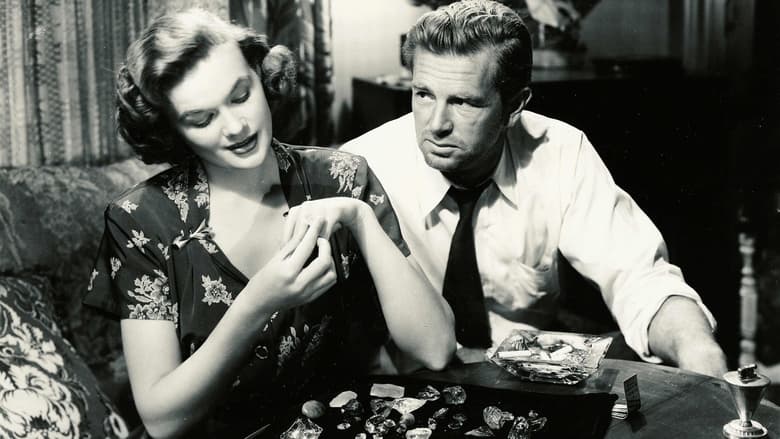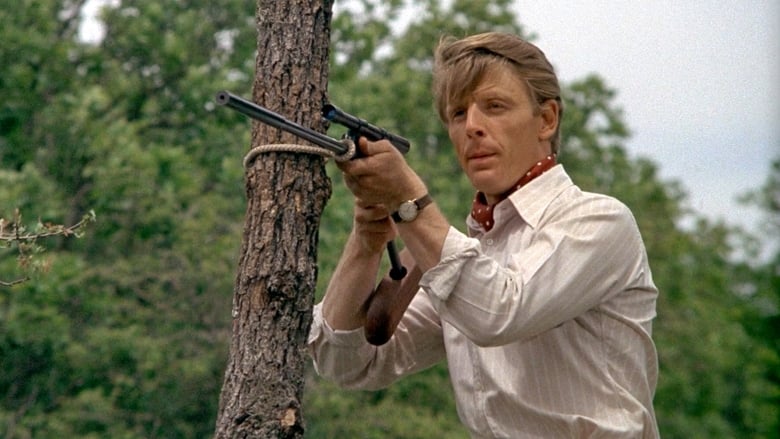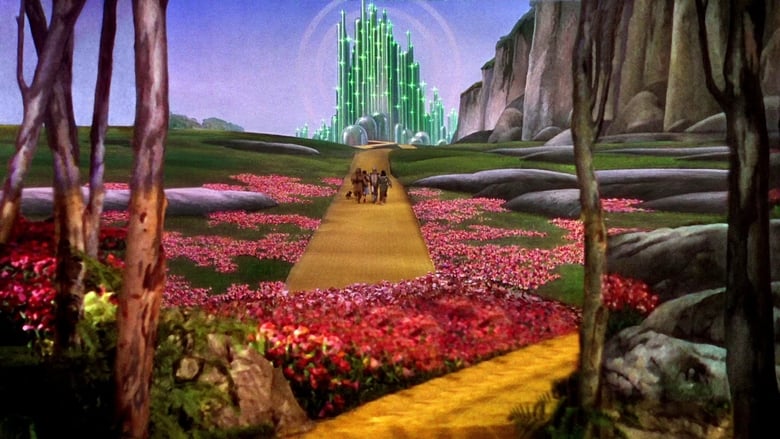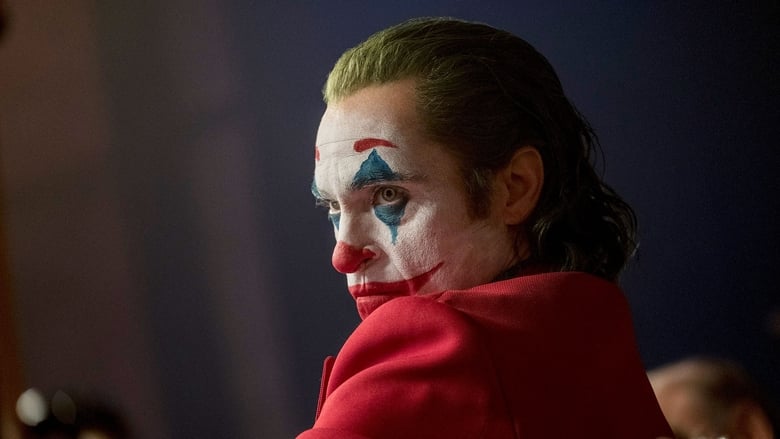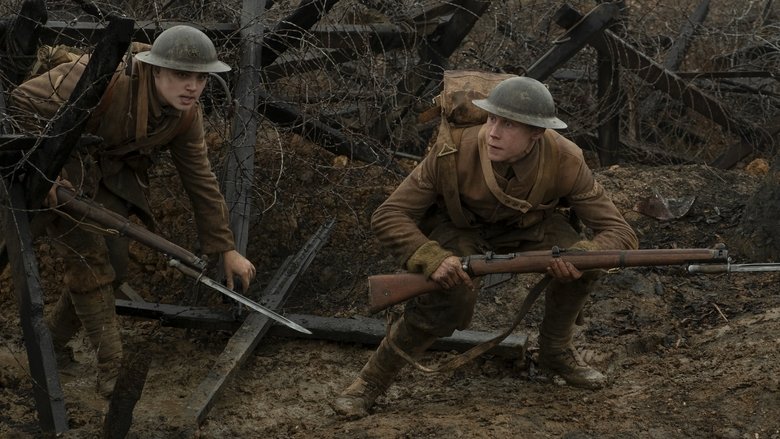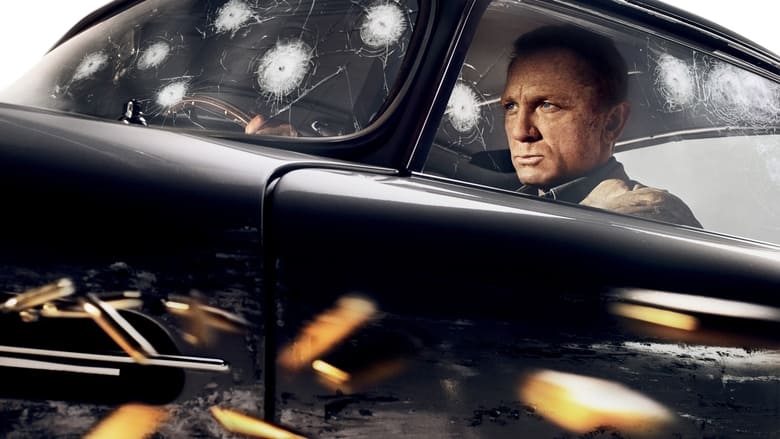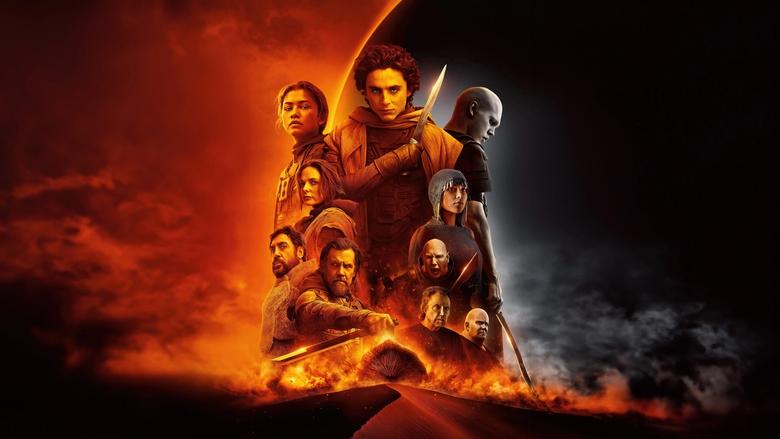After returning from a concentration camp, Susanne finds an ex-soldier living in her apartment. Together the two try to move past their experiences during WWII.


Similar titles


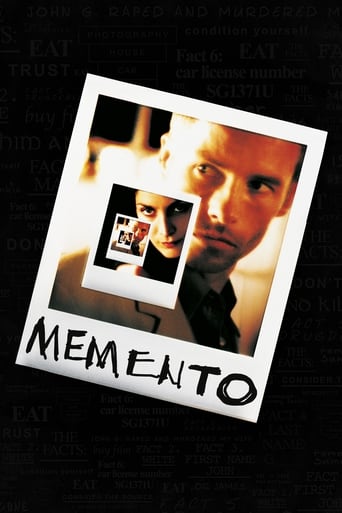
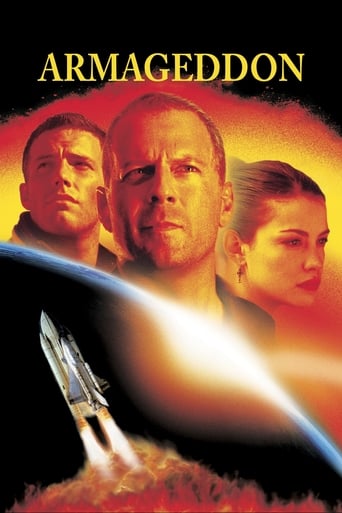

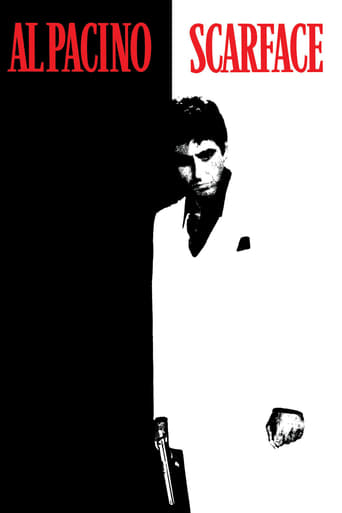

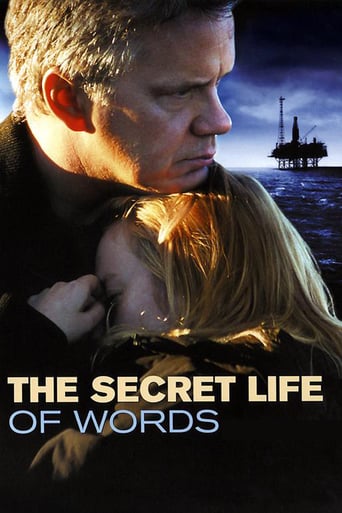
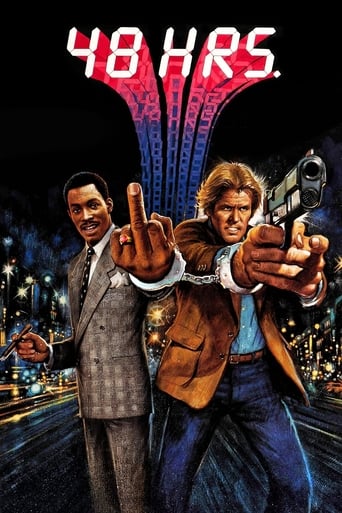

Reviews
"Die Mörder sind unter uns" or "The Murderers Are Among Us" is a German black-and-white film from 1946, so this one has its 70th anniversary this year already. Writer and director is Wolfgang Staudte and he sure did not waste any time in trying to begin the German coming to terms with the events of the last 10 years. This one is about a man who fought in World War II, but it plays after the war already and the core of the movie is the man running into one of his commanders from the days of war, a man who instructed him and other soldiers to kill many innocent people, including women and children. In theory, this is a very interesting plot, but somehow I was not too well entertained by this story, not half as much as I hoped I would be.And then there is, of course, also the story of Hildegard Knef's character. Knef is certainly the most known actress from the cast here and still a name people now in Germany of the 21st century. I am afraid this cannot be said about Staudte or lead actor Wilhelm Borchert. But back to her character: She plays a woman after the war who comes back home from a concentration camp and tries to live a somewhat normal life again. Her character is mostly included to soothe the emotional pain of Borchert's character, but honestly, she did almost absolutely nothing for me. Her story could have been so much more interesting with her character's background and early on she seemed as much of a lead as Borchert, but the longer the film ran, the more her character disappeared out of the focus, only to get in fully again, pretty much out of nowhere, at the climax scene in the end.I believe the story of these two people had a lot more potential than the filmmaker managed to deliver us here. This could have been one of the truly great films made right afterward World War II, because it was so spot-on with the life at this period and the political impact it had. I also believe the actors, especially the lead actor were better than they could show us here because of the baity script that eventually lacks depth though. This is not a problem of the runtime. The film is fairly short, barely makes it to 80 minutes, but yet lacks focus considerably. I do not recommend "Die Mörder sind unter uns". Thumbs down for this great idea lost in execution.
Die Mörder Sind Unter Uns was made in the immediate aftermath of the Second World War and is a brave film to present to a Germany grappling to come to terms with twelve years of horror under the Nazi regime.Filmed partly on location, it is a sad and eerie pictorial record of the almost completely destroyed remnants of the once-beautiful city of Berlin. This location filming would have grounded the film very much in the here-and-now for the original audience, who would be able to identify with the characters' plight as they themselves struggled to survive from day to day amongst the rubble with the ever-present threats of starvation, disease and the occupying forces.Techniques taken from film noir are applied in this radically different context to great effect, emphasising the bombed cityscape's desolation as a backdrop for these damaged characters to play out their roles against. Just as stark is the music, which comes in short bursts throughout the film.The film's moral conundrum centres on what kind of justice should be meted out to the war criminals from the old regime. A doctor, shell-shocked and disillusioned, has lost his will to practice, feeling that saving individual lives is hopeless after the large-scale military massacres he has witnessed.His life becomes entangled with that of a former concentration camp detainee who tries to restore his will to live and heal his shattered nerves. He then comes across a former army officer, who ordered a massacre, living without any remorse not far away.Hildegard Knef is in fine form in this early role. Her radiant, youthful beauty stands in stark contrast to the bleak wreckage-strewn landscape around her. She is able to put suffering behind and help guide the broken doctor onto the path of redemption.There is a wonderful irony in the scene in which the doctor, preparing to kill the army officer, is instead called away to save a life.In saving the young girl, he is also recalling himself to life. The scene also serves to highlight the terrible effects of war: Berlin, formerly the most civilised and cultured city on the planet, no longer has basic medical supplies or equipment and it is the innocent civilians who are the ones who are suffering.Also ironic is the fact that the atrocity which haunts the doctor happened at Christmas. The military had turned a time of reconciliation and hope into a time of butchery. Perhaps the director is indicating that humanity had not matured one iota since Herod's massacre of the innocents.The end scenes, whilst melodramatic, are effective. The Doctor's shadow looms like an angel of vengeance over the military officer, dwarfing him as he shrivels from an arrogant leader and his cowardly inner nature is exposed. Knef intervenes at the last moment, dissuading the doctor from carrying out his vengeance attack and the army officer is instead taken into custody for a formal investigation and trial.Knef's pleas are more effective than those from most virtuous heroines given her own background as a concentration camp survivor. Her concern for the doctor leads her to realise revenge will be a path of destruction. These themes are highlighted by the end of the film, in which the camera zooms from a row of graves (presumably those of the civilians butchered in the army massacre) onto a single crucifix as a portent of Christ's own suffering and forgiveness.Ultimately, this film shows the after-effects of the war on civilians. The effects are both material as they pick up their broken lives in their shattered city that lacks even basic infrastructure and medical supplies and psychological, as they attempt to deal with the traumas they have experienced. Ironically, it is the perpetrators of the war, who seem to have suffered least, feeling no guilt or remorse and picking up their lives more easily than the humble civilians.More generally, the film raises questions of the role of justice. Is it a form of vengeance or is there more to it than that? A court hearing may help heal the mental wounds the victims have experienced and uncovering the truth of what happened may allow the City to move forward. Likewise, hopefully by its unflinching look at the horrors of the past half-decade, this film helped to heal the suffering citizens of Berlin, too, and helped them face the future with hope of redemption.
Having just seen this movie for the first time, I'll agree with some of the other comments.The acting seems theatrical, at times almost political. The movie would make a great double with "The Third Man".What struck me was the significance of this movie. That the Soviets are the ones that made it possible. That forgiveness (and legal justice) not revenge were the goals to move past the horrors of life, a message only brought about by the Soviets changing the ending. Not having known the history of this movie, I wondered about the soviet involvement, when in one street scene children were playing within a stones throw of a wrecked soviet tank. (Or was it wrecked?).It was made in 1946. I can only imagine the hardship for everyone overrun by the wars destructive path. This movie plainly shows that life does continue.
Murderers Among Us is the first film made, of a vast trove of films, in the Soviet controlled sector of post-war Germany that was to become East Germany. It is deeply and masterfully immersed in the aesthetic traditions of German Expressionism and /or Film Noir: unusual angles and picture planes, extreme lighting effects, twisted stairs, bombed-out buildings that look like jagged fingers against the sky (it was shot in the ruins of Berlin), a haunted, tormented protagonist, stark black and white atmosphere, and, above all, shadows. Shadows and more shadows of every size, shape, and density. In fact this film could serve as a text book on shadow craft: the scene where a man is screaming from within the vast shadow of a pistol wielding attacker is magnificent. I haven't seen The Third Man recently but I am sure Murderers influenced it profoundly. I would recommend the Third Man as a good double feature with this film.Murders belongs to a genre called 'rubble films', shot in the rubble of Germany and frequently dealing with issues of German guilt after WW II. Murderers does not seek to deal overmuch with the people who gave the orders, but with the many Germans who followed them with little or no protest. Such as the wounded doctor in this film who stood by while even children were executed as reprisals against resistance fighters in occupied Poland. Plotwise the film works quite nicely, and I liked the atmosphere of renewal, and perhaps relief at the end of a nightmare, amongst all that ruin and rubble as the German people began to pick themselves up.
